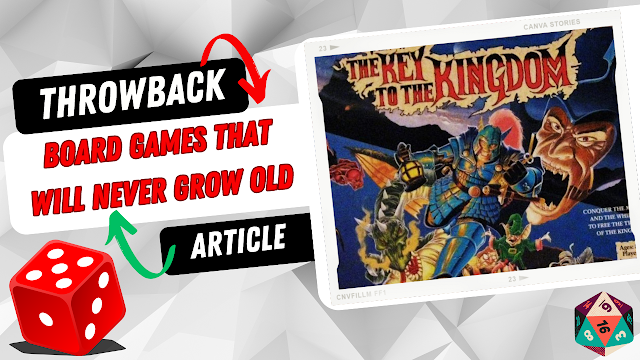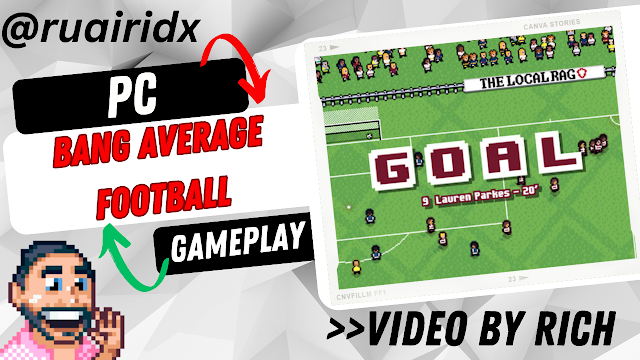Record Label: Mango Mage Records & Respawned Records (a collaborative release)
“A Melancholy Tribute to The Legend of Zelda: Ocarina of Time”
Being as loved as the Zelda franchise is, there are several takes on the music from the series out there, of which I’m most familiar with Mikel’s Zelda & Chill. Mango Mage’s The Songs of Time, composed by TPR actually acts as a fantastic companion piece to Zelda & Chill in that the groovy, night-time trip-hop of the latter leads beautifully into the hazy morning mellowness of the former. I found myself really letting the music of The Songs of Time wash over me in the mornings, sipping a coffee in the early sunshine, it perfectly matches that ‘dawn of the day’ mood with its tinkling, relaxing melodies.
The record comes in one of two variants:
- Spiritual Stones (Gold with Red, Blue & Green splatter)
- King of Thieves (Olive Green/Red)
The version I received was the Spiritual Stones variant which echoes the colours used in the artwork – as well as the in-game spirit stones. Presented in a gatefold sleeve and safely ensconced in anti-static sleeves (gooooooood), the cover art represents Link kneeling respectfully in front of a crumbling altar, with the three spirit stones set into their respective positions.
I’m a big fan of this graphic novel-esque art style, as the use of piercing light entering the temple and reflecting off the spirit stones, combined with the pockets of heavy shadow are evocative of the mood of quiet contemplation that the music brings to the fore. This style continues throughout the gatefold, with the rear illustrating Link approaching a temple through a copse of trees and the main double-spread inside again showing Link viewed from below as he stands on a wooden bridge, gazing upwards at fairies above him.
The use of greens, nature, natural colours, light and stillness again push home that sense of quiet thought that is echoed in the music. I like how Link is always facing away from the viewer, his face obscured in each image as it adds the sense that he is enjoying the scenes as much as we are, a nice touch.
Also, included inside is a black and white version of the cover artwork on card and a further glossy illustration of Link approaching the Master Sword, in a shaft of light - tasty images indeed. I followed the artist straight away, and you should too – Michael Lee (@substance20).
Consisting of 15 tracks and clocking it at just under 40 minutes, the tracklisting is:
Title Theme
Great Fairy Fountain
Kokiri Forest
Zora Domain
Song of Storms
Serenade of Water
Market
Kepora
Lost Woods
Lon Lon
Kakariko
Temple of Time
Horse Race
Zelda’s Theme
Gerudo Valley
Side A:
Title Theme – The album begins with light strings and softly recorded, rolling piano - a theme that runs through the entire record, nothing is harsh or challenging. The overall approach is akin to a hug for your ears. There may be extra layers, but each will be tastefully added, the strength of the melodies allowed space to exist as they are presented through performances that aren’t lost in overcomplications or showiness.
Great Fairy Fountain – Solo piano starts this track off and acts as the musical anchor. These melodies are so familiar to me now, that they almost feel like nursery rhymes that have been around forever. The synth strings that play in the background behind the main piano line here almost feel like a lilting waltz.
Kokiri Forest – On the lower end of the piano now - a simple, repeating layer floats under the main melody. It was at this point that it dawned on me how softly the piano is played and how it sits in the mix. There’s gentle reverb in play to take any edges off, adding to that sense of peace. The tiny trills in the songs add colour and charm, the majority of the songs also slowly fade out in a hypnotic fashion.
Zora Domain – The first track to bring in effects, the shimmering keys at the start of this are soon overtaken by that rich and yet delicate piano sound. A favourite for me, I really love the piano runs that make up the heart of the track. Most songs on the album are between 2-3 minutes long and feel the perfect length due to their simplicity. Nothing is overdrawn or feels repetitious, and all have a breeziness to them.
Song of Storms – a slower-paced track that has a moment in it that reminds of the vocal melody in Pure Imagination from Willa Wonka & The Chocolate Factory, which is absolutely fine.
Serenade of Water – Descending piano notes and strings meld together here in a gently woven and brief tapestry, the shortest track on the album at just over a minute in length.
Market – An almost dainty piece of music that feels like it could be coming from a music box. This thought is expanded upon as the riff goes through its second revolution - higher up on the piano - before shifting to low, held piano notes adding a very quiet sense of menace…before returning to the chiming innocence of the first passage.
Kepora – This wistful track brings back the sensation of a waltzing dance as alluded to in Great Fairy Fountain, assisted by the regal and almost ethereal organ sounds that act as a backdrop for the rolling piano.
Side B:
Lost Woods – This is the piece of music that comes to mind for me when I think of Zelda – something that wouldn’t sound out of place coming out of a baby night-light, complete with images of Zelda and Link shifting across the ceiling…in fact, I may patent that idea. The second line that comes in here - accentuating the lower notes - gives fullness to this simple melody that really does feel timeless.
Lon Lon – A pretty and delicate piece that starts off as pure piano, but is soon joined by those soft strings, acting as a quiet accompaniment, lightly lifting the track.
Kakariko – Another slower, mellow track that makes great use of casual layering in how the strings join in at the halfway mark. The mastering on the album is really well-judged, it shows in tracks such as this – where there’s fullness of sound but it’s rounded and unobtrusive, especially as the human performance naturally changes in dynamic.
Temple of Time – This one stood out to me, as part of the melody always brings to mind a track by Nick Cave. It’s also worth noting here that this mixes things up subtly, with a keening ambience in the background that is joined by a choral effect as well as being moodier than the rest of the album. It adds subtle variety whilst still fitting in thematically with the record.
Horse Race – The chords in this one put me in the mind of a piece of classical music, that ethereal organ is back and dusting the backdrop as the piano - as always - takes centre stage.
Zelda’s Theme – Another track that blends the aforementioned music box sensibilities with some violins that add majesty to the track. As the choral effect joins in, it’s a song that quietly builds up as it progresses.
Gerudo Valley – The final track on the album is another personal favourite - with the main, chiming melody being a real earworm. I really enjoy how it shifts into a melancholia piano run, accentuated as it is hereby distant, higher notes. The added touches of breathy synth make it seem ghostly and mix in a touch of an air of sadness, as it fades quietly into silence.
Covering this album so soon after Across the Worlds has been really interesting, as the approaches of both are quite different and yet they focus almost exclusively on the musical scope of a single instrument.
Here, TPR’s style of stripped-back playing, really lets those melodies -which have been with a lot of us for decades now – shine through. The lightness of touch in adding occasional layers of synth to accentuate and lift key moments fits in well and makes the songs pop.
It is an extremely mellow album that makes Link’s journey seem lonely and full of thought, again – I love the mood, as it drifts along in an almost dreamlike fashion. The accessibility of the album feels like it will appeal beyond just fans of Zelda.











A good song is magical, evokes emotions, connects artist and listener, tells a story, inspires hope you can also check DownloadKaren for music editors.
ReplyDelete